Main Activities
General Meeting and Executive Committee Meeting
The PSIM Consortium holds a general meeting once a year and an executive committee meeting twice a year for consultations on the management of the consortium.
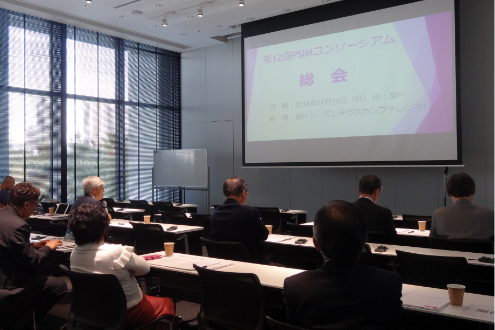
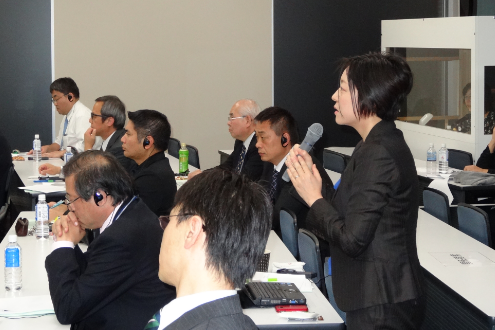
PSIM Seminar
A PSIM Seminar is held on the topics of training materials, methods, and professional training, and is aimed at law schools all around Japan. Researchers are also sent to research institutions dealing with trial advocacy in the West and Asia, and researchers from such institutions are invited to Japan to facilitate further exchanges of information.
Lectures/Symposium
Lecturers are invited from Japan and elsewhere to provide a broad introduction to the most advanced training practices. This is done in cooperation with all the participating schools.
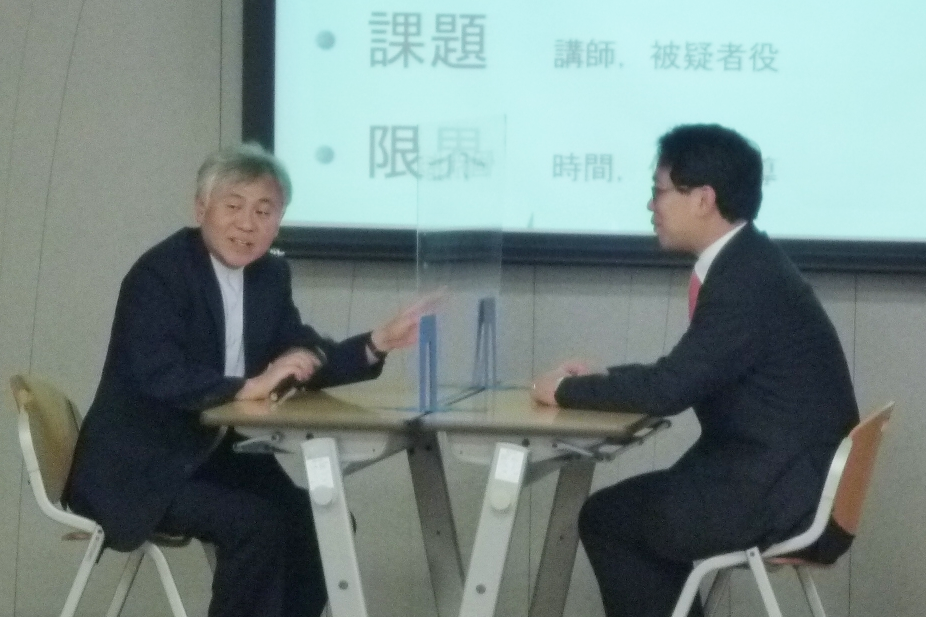
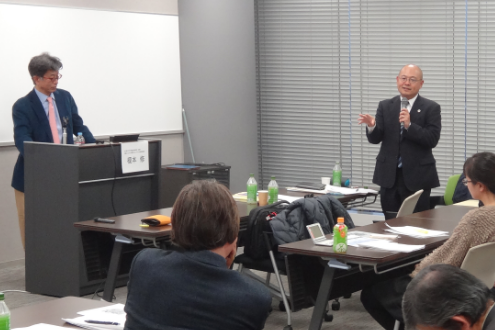
NITA Seminar
Lecturers from NITA(National Institute for Trial Advocacy, USA) are invited to each region to give legal practice research seminars (workshops). Those who take part learn a great deal from such participatory training. Teachers also pick up many tips in supervision methods.
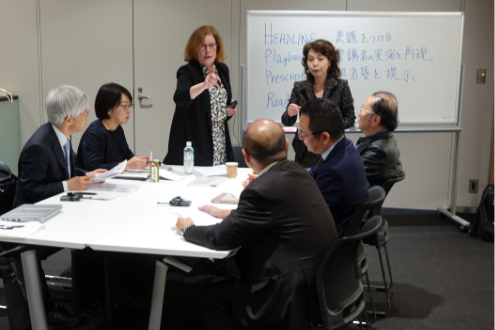
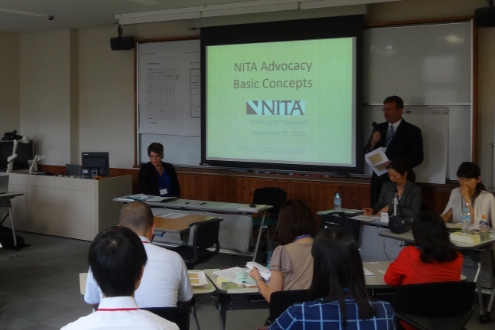
Impressions from participants
-
Cross-examining is difficult. There is no right answer. But there is clearly skilfull and effective ways to cross-examine. It is a skill you can hone depending on how rigorously you train yourself. That is what I learned in the NITA trial advocacy program’s practical experience seminar. This is what I felt the most. Grappling with same topics as legal people from outside academic law schools, and having the opportunity to get advice was, for me, someone preoccupied completely with the difficulty of cross-examining, a lesson in the creativity of cross-examining. This seminar has motivated me to strive study further in my current studies so as to make my training experiences useful for actual cross-examination.
On this program the teachers brilliantly provided massive hints for doubts about what constitutes good cross-examination. Furthermore, this was put into practice immediately with the teachers making precise comments giving the opportunity for self-correction. In this way, we can immediately practice the knowledge we have learned and feel for oneself the difference between “good cross-examining,” something you just hear about, and one’s own cross-examining, which will give you an image of what you are meant to do when you are actually cross-examining. Also, the teacher valued us for trying without fear of failing so everyone began to participate actively. It was such a stimulating use of time.
In this seminar, the prosecution and the defense were separated and we practiced closing argument along with main cross-examination and responding cross-examination using cases in materials distributed to us beforehand. After my attempt, I got advice from the lecturer to use words that even an ordinary “obachan” (old lady) could understand and to not use too much legal terminology. Even though I had intended to talk in a straightforward manner, I felt it was still not good enough. It was a very valuable opportunity to look at oneself objectively. Also, with the advanced skills of the other lawyers taking part, there was a wonderful active sense of participation among the trainees which was wonderfully stimulating. More than anything, for the entire training there was a warm atmosphere of humor that dispelled any sense of failure, which meant that the participants could talk freely and learn from each other. The skill of the lecturers in providing precise guidance in such a warm atmosphere was absolutely wonderful. I want not just law school students, but also lawyers with vast experience to participate in these wonderful seminars.
 (From a law school graduate student)
(From a law school graduate student)